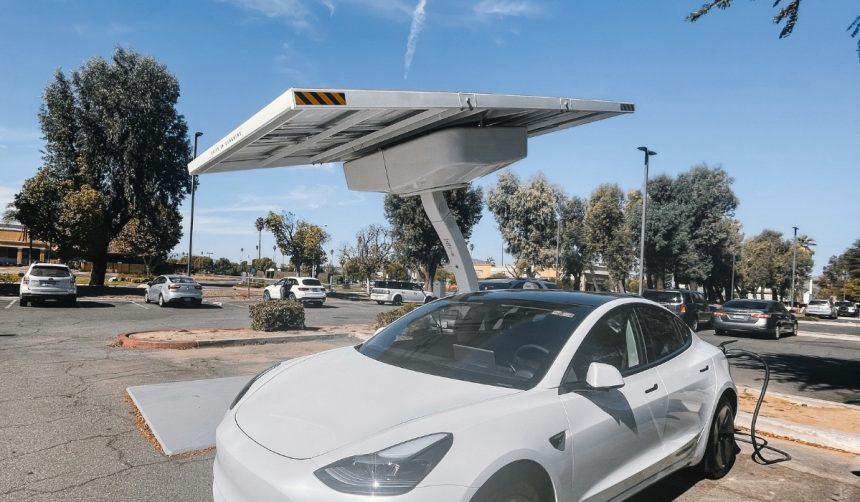Tesla is intensifying its efforts to scale up the production of its Class 8 all-electric Semi truck. The company is actively recruiting for the Semi program, reflecting a strategic push to enhance its presence in the electric freight market. This expansion is a clear indicator of Tesla’s commitment to advancing its commercial vehicle lineup.
Over the past year, Tesla has gradually increased its focus on the Semi, with initial deliveries to major clients like PepsiCo marking the beginning of its commercial use. The current surge in job listings underscores a significant ramp-up in preparation for broader market deployment. This strategic hiring phase is essential for meeting the anticipated demand and achieving large-scale production goals.
Are Tesla’s Hiring Efforts Sufficient for Semi Expansion?
With 83 new positions, Tesla is bolstering its workforce across various locations, including Palo Alto, Sparks, and Sacramento. These roles span engineering, manufacturing, and vehicle service, indicating a comprehensive approach to developing the Semi program. The diverse range of job opportunities suggests a holistic strategy to support all facets of Semi production and service.
How is Tesla Preparing Its Manufacturing Capabilities?
To facilitate mass production, Tesla is constructing a dedicated Semi factory near Giga Nevada. Drone footage reveals steady progress at the site, aligning with the company’s timeline for substantial production beginning in 2025. This dedicated facility is crucial for scaling up manufacturing processes and ensuring timely delivery of the Semi trucks to customers.
What are Tesla’s Production Projections for the Semi?
According to Lars Moravy, VP for Vehicle Engineering, the first significant production runs are expected in late 2025, with ramp-up starting in early 2026.
“The Semi is a TCO no-brainer. Its total cost of ownership is much cheaper than any other transportation you could have,”
Moravy stated, highlighting the economic advantages of the Semi. This projection indicates Tesla’s confidence in the Semi’s market viability and its potential to contribute meaningfully to the company’s revenue streams once production scales up.
Historically, Tesla has faced challenges in ramping up production for its new vehicle lines, often experiencing delays and scaling issues. However, the current strategic hiring and dedicated factory construction suggest that Tesla is applying lessons learned from previous projects to mitigate such risks. This approach may enhance the likelihood of meeting production targets and fulfilling customer demand more effectively.
Tesla’s focused expansion on the Semi truck represents a pivotal move in the electric vehicle sector, potentially setting new standards for commercial transportation. By investing in workforce and infrastructure, Tesla aims to establish a strong foothold in the all-electric trucking market, which could drive further innovations and competitive pricing in the industry.










